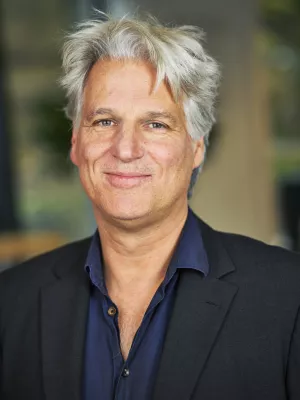
Max Koch
FD och habilitation i sociologi från Freie Universität Berlin | Professor

Building the Eco-Social State: Do Welfare Regimes Matter?
Författare
Summary, in English
World Bank, the OECD, the Global Footprint Network and the International Social Survey Programme, we are carrying out two research operations: First, by applying correspondence analysis, we contrast the macro-structural welfare and sustainability indicators of thirty countries and ask whether clusters largely follow the synergy hypothesis. Second, we raise the issue of whether differences in the institutional and organisational capabilities of combining
welfarewith environmental policies are reflected in people’s attitudes and opinions. With regard to the first issue, our results suggest that there is no ‘automatic’ development of the ecostate
based on already existing advanced welfare institutions. Representatives of all welfare regimes are spread across established, deadlocked, failing, emerging and endangered ecostates. As for
the second issue, the results are mixed. While responses to the statements ‘economic growth always harms the environment’ and ‘governments should pass laws to make ordinary people
protect the environment, even if it interferes with people’s rights to make their own decisions’did not vary according to welfare regimes, people from social-democratic countries expressed
more often than average their willingness to accept cuts in their standard of living in order to protect the environment.
Avdelning/ar
- Socialhögskolan
Publiceringsår
2014
Språk
Engelska
Sidor
679-703
Publikation/Tidskrift/Serie
Journal of Social Policy
Volym
43
Issue
4
Dokumenttyp
Artikel i tidskrift
Förlag
Cambridge University Press
Ämne
- Social Work
Nyckelord
- eco-social state
- welfare regimes
- eco-social policies
- ecology
- Welfare
Status
Published
ISBN/ISSN/Övrigt
- ISSN: 0047-2794

